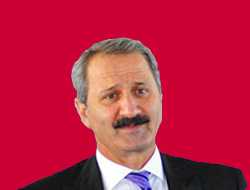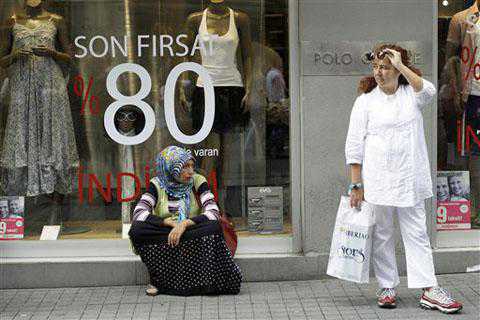ISTANBUL – Anatolia News Agency
Foxconn says it will employ around 2,000 people at its Çorlu facility.
Foxconn, a leading Taiwanese electronic components manufacturer, will start production in Turkey for U.S.-based HP, executives announced at a press meeting Thursday.

With an investment of $60 million Foxconn will produce desktop computers for HP in Çorlu, in Turkey’s northwestern province of Tekirdag, in 2011, Director General of HP Turkey Serdar Urçar said Thursday.
Foxconn has recently been shaken by a string of suicides at its Chinese factories, attracting bad press for the normally publicity-shy company.
Urçar said HP had brought its global supply chain to Turkey and the factory in Çorlu would be a base for exporting desktop computers from Turkey to Eastern Europe, the Middle East and North Africa.
Foxconn Turkey Director General Tuna Kardeş said the reason Turkey was chosen as the location for the investment was because Turkey has an experienced and qualified workforce.
“We plan to start mass production in the second half of January,” Kardeş said.
Kardeş said the company aimed to produce between 250,000 and 300,000 desktop computers for HP by the last quarter of 2011 and forecast a turnover of between $1 billion and $1.5 billion in 2012.
HP computer sales in Turkey were up 18.5 percent year-on-year in 2009. The company expects this rate to be around 6 percent or 7 percent by the end of 2010.
Earlier this year the company announced it would employ 2,000 people at its Çorlu facility.
The latest suicide – the 12th this year – marring the company occurred Aug. 4 when a 22-year-old woman jumped from her factory dormitory in the eastern Chinese province of Jiangsu. The group raised workers’ wages and installed safety nets on buildings to catch would-be suicides following the deaths.




